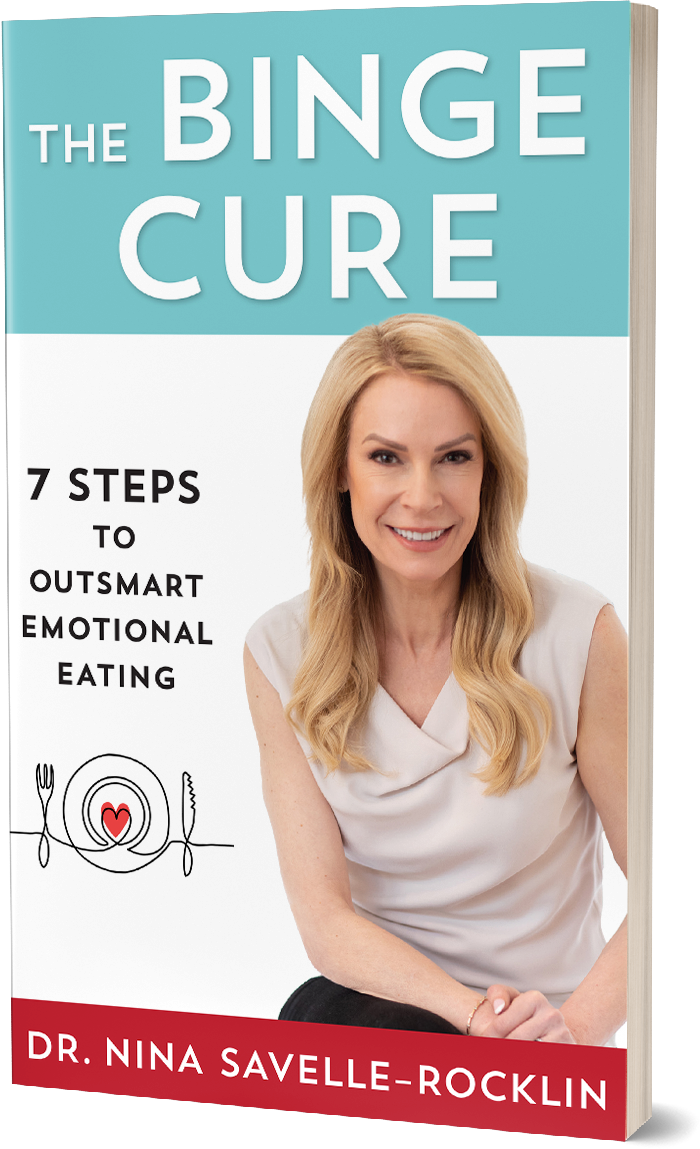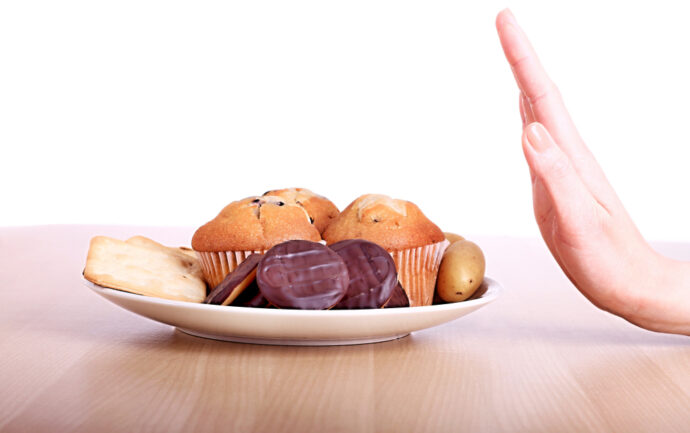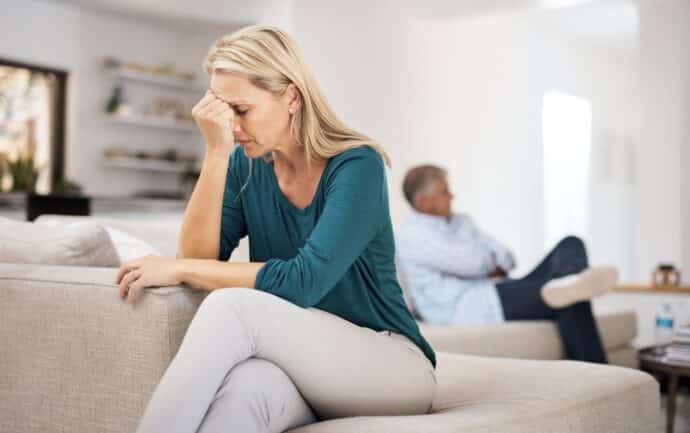Dr. Nina Savelle-Rocklin
Binging vs Bingeing: Understanding Key Differences

Understanding the nuances of our eating behaviors is crucial for fostering a healthier relationship with food. The terms “binging” and “bingeing” are often used interchangeably in everyday conversations, yet they encapsulate distinct experiences that can significantly impact our mental and emotional well-being.
Binging typically refers to the act of consuming large quantities of food in a single sitting, often without the emotional turmoil that characterizes bingeing.
For instance, one might indulge at a buffet or during a festive gathering, enjoying the food without feeling out of control. This behavior can be seen as a social or celebratory act rather than a compulsive one.
On the other hand, bingeing is marked by a profound sense of loss of control over eating, frequently accompanied by feelings of guilt, shame, and distress.
It represents a more serious pattern where individuals may eat excessive amounts of food rapidly and feel compelled to do so, often as a way to cope with underlying emotional issues.
Recognizing these differences is vital for addressing the root causes of unhealthy eating patterns and seeking appropriate support.
By clarifying binging vs bingeing, we can better understand our behaviors and take meaningful steps toward healing and self-acceptance.
Table of Contents
- What is Binging?
- Am I Binging or Overeating?
- Why am I Binging?
- What is Bingeing?
- A. Characteristics
- B. Example
- What are the Signs to Know if I'm Bingeing?
- Key Differences between Binging vs Bingeing
- A. Control vs. Lack of Control
- B. Emotional Context
- C. Frequency and Patterns
- Conclusion
- Frequently Ask Questions:
What is Binging?
Binging is defined as the act of consuming large quantities of food in a short period, often without the overwhelming sense of loss of control that characterizes more compulsive eating behaviors. It can be a momentary indulgence, where the focus is on the enjoyment of food rather than an emotional escape.
A. Characteristics
What sets binging apart is that it may not necessarily stem from emotional factors. Instead, it can occur during social gatherings, celebrations, or even as a response to hunger after periods of restriction.
For instance, many people find themselves enjoying a feast during holidays or special occasions, where the atmosphere encourages indulgence without guilt.
B. Example
Imagine enjoying a buffet with friends, where the vibrant array of dishes beckons you to taste a little bit of everything.
You indulge in various flavors, savoring each bite and eating more than usual simply because the food is available and enjoyable.
In this scenario, the experience is about pleasure and connection rather than compulsion or emotional distress.
C. Symptoms
- Consuming an excessive amount of food in a short period, typically within two hours.
- Eating when not physically hungry and continuing to eat even when full.
- Feeling a lack of control over eating during the episode.
- Eating much more rapidly than normal.
- Eating alone due to embarrassment about the quantity of food being consumed.
- Feelings of guilt, shame, or disgust after binge eating episodes.
- Hiding or hoarding food to consume in secret.
- Frequently dieting or having a history of unsuccessful dieting attempts.
- Experiencing fluctuations in weight, often with cycles of weight gain and loss.
- Struggling with emotional distress related to binge eating behaviors.
People often confuse overeating with binge eating. It’s important to know the difference.
Am I Binging or Overeating?
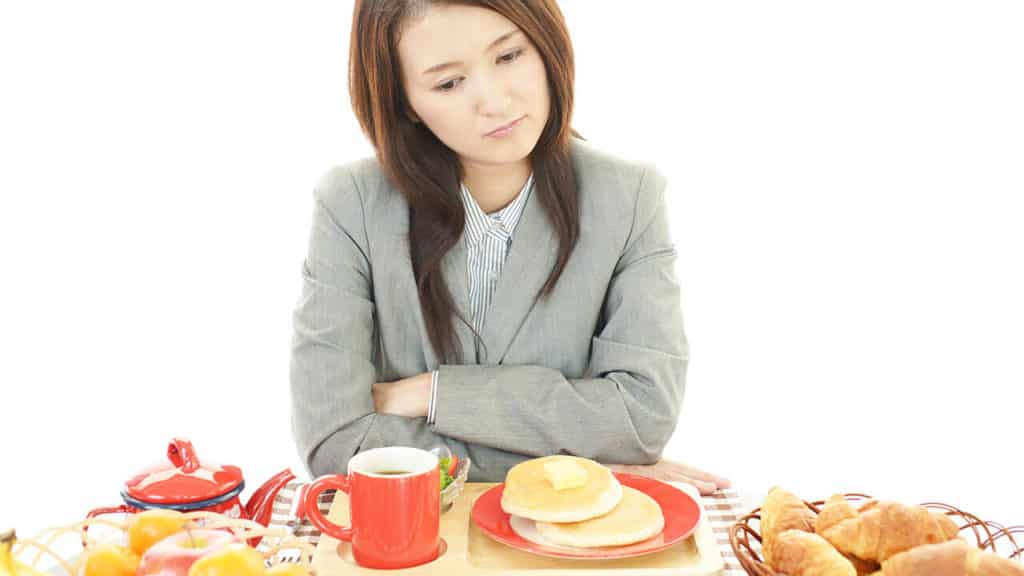
Overeating means “eating to excess” and that’s different from bingeing. Almost everyone overeats during holidays — in the United States, Thanksgiving is a holiday known for eating to excess. But when this excessive eating becomes a regular occurrence, it turns into binge eating.
Unlike overeating, bingeing means eating large quantities of food at one time, often in a compulsive way, and feeling completely out of control.
Usually, it involves remorse, guilt, and shame; afterward, you might think, “What's wrong with me?” Not only do you feel terrible for losing control with food, you feel bad about yourself.
Why am I Binging?
Bingeing is not about willpower. It’s not about control. It’s not even about food. Bingeing is a way of using food for comfort, distraction, or to numb or express pain, anger, anxiety, or anything uncomfortable.
When life is difficult, we try to distract ourselves from what’s painful or upsetting. That’s where bingeing comes in.
Bingeing is what I call a “frenemy” in that it’s a friend because it comforts and distracts us from what’s bothering us, but it’s also an enemy in that it hurts our bodies and self-esteem. Ultimately it’s a way of coping that backfires and ends up hurting us more than it helps.
What is Bingeing?
Bingeing is a compulsive eating behavior characterized by a profound loss of control over food intake. Unlike binging, which can occur in a social context or as an occasional indulgence, bingeing is marked by an overwhelming urge to consume large amounts of food rapidly, often to the point of discomfort.
This behavior is frequently accompanied by intense feelings of guilt and shame, creating a cycle that can be difficult to escape.
A. Characteristics
The emotional triggers that lead to bingeing are often rooted in stress, anxiety, or depression. When faced with overwhelming emotions, individuals may turn to food as a means of coping, using it to soothe their pain or distract from uncomfortable feelings.
This reliance on food can become repetitive, leading to episodes that not only affect physical health but also contribute to significant psychological distress.
Over time, bingeing can result in negative consequences such as weight fluctuations, feelings of worthlessness, and a diminished sense of self-esteem.
B. Example
Consider someone who, after a stressful day at work, finds themselves consuming an entire pint of ice cream in one sitting.
Despite wanting to stop, they feel unable to do so, driven by an impulse that overshadows their rational thoughts.
In this moment, the ice cream becomes a temporary escape from their emotions, but afterward, they are left grappling with feelings of guilt and self-recrimination.
This scenario illustrates how bingeing is not just about the food consumed; it is deeply intertwined with emotional struggles and the quest for comfort in moments of distress.
What are the Signs to Know if I'm Bingeing?
To create lasting change, you first need to identify the problem. Here’s what binge eating looks like:
1) You eat way past feeling full.
You eat even when you're full so much that it hurts your stomach. Sometimes, you eat food that you don't even like. You want to stop but you’re unable to do so.
2) You just can't stop thinking about food.
When you're feeling an emotion that you don't want to deal with, your mind turns to food. You're always thinking about what to eat next, even after a meal or when you’re not hungry.
3) You feel shame and remorse afterward.
Each binge ends with you feeling terrible about yourself. You think you’re a food addict, that you have no control, and you hate yourself. Bingeing impacts your sense of self as well as your body.
4) You avoid public gatherings.
You feel bad about yourself and don't want to be in the presence of other people, thinking they’ll judge you for your weight or for what you’re eating. You'd rather sneak food than eat in front of others. You worry about what people would think of you if they knew the truth.
5) You're harsh to yourself.
You have a negative talk with yourself and take actions that hurt you physically or emotionally, such as restricting foods, calling yourself names, and degrading your worth. You say things like:
You often say to yourself:
- “You're never going to lose weight.”
- “You're a complete failure.”
- “You have no control.”
- “You are so gross!”
This makes you feel so terrible you might end up bingeing to avoid your own mean voice. Binge eating can crumble your confidence and self-esteem. But the good news is that with @the right knowledge it is curable.
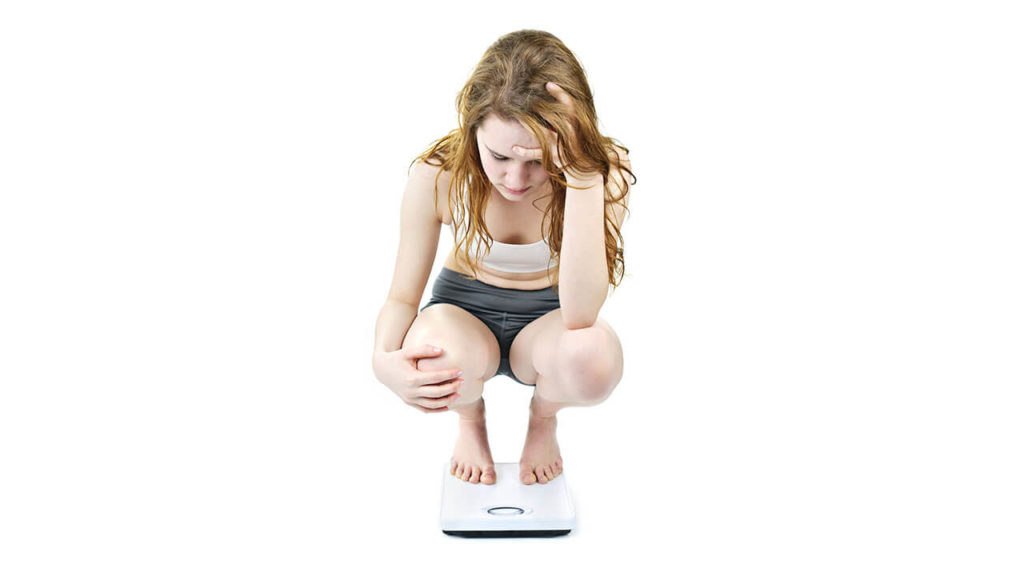
If you’re struggling with binge eating and want to learn about it, connect with me on Instagram or join my Facebook group, Dr. Nina’s Food for Thought Community: Outsmart Emotional Eating, where we support and encourage each other to become binge free. You’ll learn tips to banish binge eating and create a life of freedom, liberation and self-love.
Key Differences between Binging vs Bingeing
| Feature | Binging | Bingeing |
| Definition | Consuming large quantities of food without a loss of control. | Compulsive eating characterized by a loss of control. |
| Emotional Triggers | Typically not driven by emotional factors. | Often triggered by stress, anxiety, or depression. |
| Control | Generally involves a sense of control and enjoyment. | Marked by a profound lack of control over eating. |
| Frequency | Occasional behavior, often linked to social events or celebrations. | Tends to occur more frequently and is part of a larger pattern of disordered eating. |
| Aftermath Feelings | May not involve guilt or shame. | Frequently accompanied by feelings of guilt and shame. |
| Physical Impact | Less likely to lead to negative physical consequences. | Can result in negative physical and psychological effects over time. |
A. Control vs. Lack of Control
The distinction between binging and bingeing is most evident in the level of control experienced during these eating behaviors.
Binging often involves a sense of enjoyment and can occur in social settings, where individuals may indulge in larger portions without feeling compelled to continue eating beyond their comfort.
In contrast, bingeing is characterized by a profound loss of control. During these episodes, individuals may find themselves eating rapidly and excessively, feeling driven by an uncontrollable urge that overshadows their ability to stop, even when they are physically uncomfortable.
B. Emotional Context
Emotional states play a pivotal role in bingeing but are not necessarily a driving force behind binging. While binging can happen during joyful occasions or as a response to social cues, bingeing is frequently triggered by negative emotions such as stress, anxiety, or depression.
In these moments, food becomes a coping mechanism—a way to soothe emotional pain or escape from distressing feelings.
This reliance on food for comfort can create a cycle of bingeing that reinforces negative emotional states, leading to further episodes and emotional turmoil.
C. Frequency and Patterns
Another critical difference lies in the frequency and patterns of these behaviors. Binging can be an occasional behavior, often linked to specific events or celebrations where indulgence is more socially acceptable.
However, bingeing tends to occur more frequently and is often part of a larger pattern of disordered eating.
Individuals who engage in bingeing may find themselves caught in a cycle that perpetuates their struggles with food and self-image, making it essential to address the underlying emotional issues that contribute to this compulsive behavior.
Recognizing these patterns is the first step toward healing and developing a healthier relationship with food.
Conclusion
In conclusion, understanding the distinctions between binging vs bingeing is essential for anyone seeking to cultivate a healthier relationship with food.
While binging can often be a joyful indulgence shared among friends or during special occasions, bingeing represents a more troubling pattern marked by a loss of control and emotional distress.
Recognizing these differences empowers us to address our eating behaviors with greater clarity and compassion.
As we navigate our relationship with food, it is crucial to acknowledge the emotional triggers that often accompany bingeing.
Stress, anxiety, and feelings of inadequacy can lead us down a path where food becomes a coping mechanism rather than a source of nourishment and joy.
By fostering self-awareness and self-compassion, we can begin to break free from the cycles of guilt and shame that often accompany bingeing episodes.
Ultimately, the journey toward healing is not about achieving perfection but rather about embracing progress.
It involves rejecting the toxic narratives that label foods as “good” or “bad” and instead recognizing that all foods can play a role in a balanced diet.
By allowing ourselves the flexibility to enjoy food without guilt, we can create a more harmonious relationship with what we eat.
As you reflect on your own eating habits, consider taking small steps toward self-acceptance and kindness.
Whether it’s allowing yourself to enjoy a treat without judgment or gradually incorporating more nourishing foods into your diet, every effort counts.
Remember, we are all perfectly imperfect humans navigating our unique journeys. Embrace your path with compassion, and know that change is possible, one mindful choice at a time.
Frequently Ask Questions:
How common is binge eating disorder?
Binge eating disorders are extremely common in Western society and are becoming increasingly common in Asia too. More than 30 million men and women suffer from binge eating in the United States. Unfortunately, the reports and statistics about men are under-reported, as they often suffer in silence.
How is binge eating disorder different from bulimia nervosa?
Binge eating disorder is different from bulimia in that with bulimia, some kind of effort to get rid of the food follows each binge. People with bulimia will purge the food they binged on by vomiting, taking laxatives, exercising to excess, or restricting food afterward.
Can I get rid of binge eating?
Binge-eating is treatable. It’s something you learned to do and the good news is, you can unlearn that and cultivate a new way of being in relationship with food.
If you take the right steps, you can become binge-free and eat anything you want without worrying about a single calorie or macro. The first step to binge-free life is to accept that food is not the real problem. You must dig deeper to identify your emotions and respond to the underlying reasons for why you’re eating. When you create new ways or responding to yourself, everything with food changes, too.
The Author

Dr. Nina Savelle-Rocklin is a renowned author and podcast host and one of the nation’s leading psychoanalysts known for the psychology of eating. Her signature message of, “It’s not what you’re eating, it’s what’s eating ‘at’ you” has resonated with hundreds of thousands of listeners from around the globe in 40 countries. As founder of The Binge Cure Method, she guides emotional eaters to create lasting food freedom so they can take back control of their lives and feel good in their bodies.
Related Blogs

